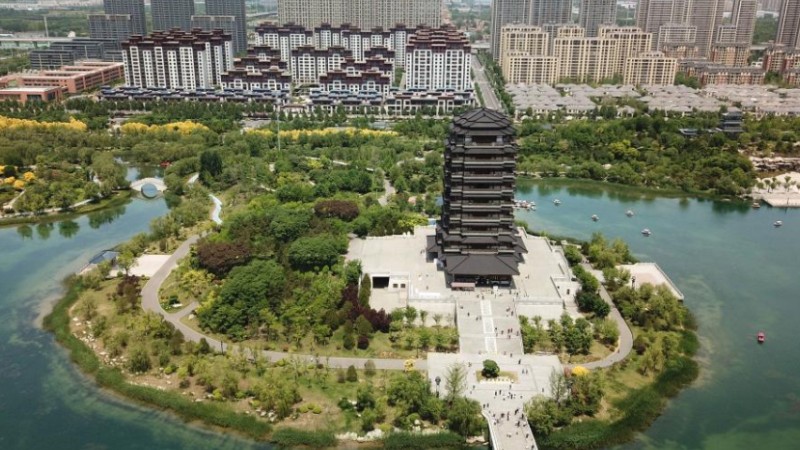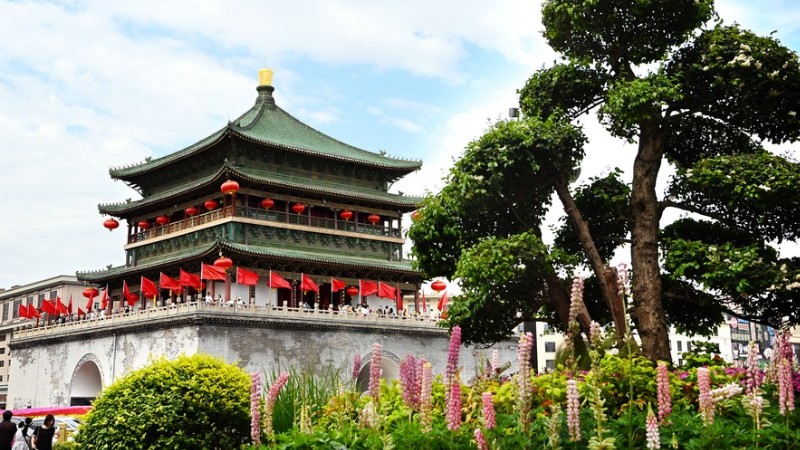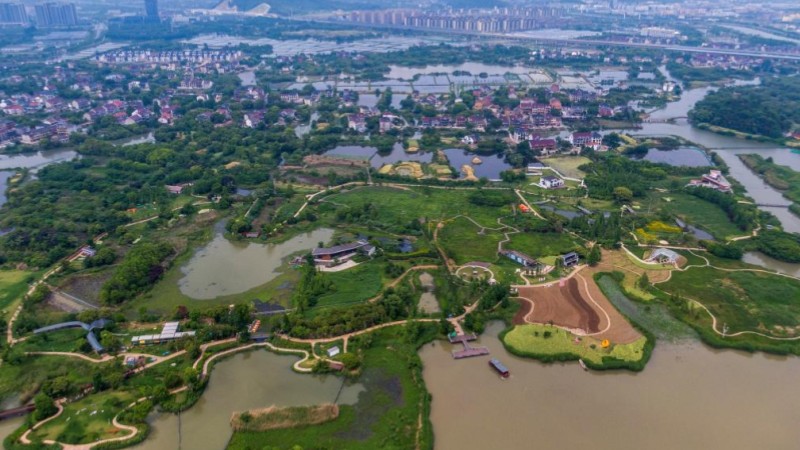FM Qin stresses Europe's strategic autonomy when visiting France
France's proposition to stick to strategic autonomy has set up a model for healthy China-Europe ties, and will inject rationality into a Europe that is still bickering about a unified China policy, observers said after Chinese State Councilor and Foreign Minister Qin Gang stressed that the China-Europe relationship is not targeted at any third party, nor is it subjugated to or controlled by any third party.
Qin made the remarks when meeting with French Foreign Minister Catherine Colonna on Wednesday.
Hailing President Emmanuel Macron's state visit to China as a complete success, Qin said China is ready to work with France to follow through on the important consensus reached by the two heads of state, accelerate the advancement of exchanges and cooperation in various fields, and work for continuous development of the close and enduring comprehensive strategic partnership between China and France.
Both sides should open their markets wider to each other and build a more resilient China-France supply chain. The two sides should strengthen cooperation in international affairs and join hands to meet global challenges, said Qin.
Qin said that China has always regarded Europe as a comprehensive strategic partner, consistently and unequivocally supported Europe in strengthening its strategic autonomy and playing an active role in the international arena, and advocates that the China-Europe relationship does not target any third party, not depend on or subject to any third party.
For her part, Colonna said France does not engage in bloc confrontation and holds that all countries should live in harmony and achieve common development. Noting that China plays an important role in the world's peace and stability, Colonna said France is willing to strengthen communication with China on Ukraine and other major international and regional issues to seek more common ground.
France's sticking to strategic autonomy is in line with common strategic interests of both China and France, with Qin's visit to the country further encouraging France to stand by this proposition, Song Luzheng, a research fellow on political studies at the China Institute of Fudan University, told the Global Times.
After visiting Beijing, Macron's statement urging Europe to develop more strategic autonomy was echoed by many voices in Europe, Sun Keqin, a research fellow at the China Institutes of Contemporary International Relations, told the Global Times.
Europe's hawks are likely to take a step back in face of the forces calling for strategic autonomy, said Sun, who remain confident that Europe is still heading to a more autonomous path.
However, some experts said US influence on the continent should not be neglected.
Cui Hongjian, director of the Department of European Studies at the China Institute of International Studies, told the Global Times that "de-risking" is a rather vague term. Using such language only sets unnecessary limits on China-Europe ties, and in fact shows that European countries want to impose restrictive measures on normal business exchanges. "Europe should be cautious and not turn 'de-risking' into 'decoupling' from China," said Cui.
On Wednesday, before meeting with Qin, Colonna held a joint conference with her German counterpart, Annalena Baerbock in Paris. They delivered a joint message on China: "we are not seeking decoupling but rather to limit our dependencies when they are excessive," said Colonna. "We are talking about de-risking rather than decoupling."
The expert said that China-Europe ties seem to be warming up, but face severe challenges ahead, including reported EU sanctions on Chinese firms accused of assisting Russia in the Ukraine conflict. Whether the two will reach more consensus or gradually drift apart depends on whether Europe can shake off its biased perception of China and US influence on the continent's China policy.
At such a crucial juncture, Europe should refrain from rolling out hostile China policies, as such moves will not only set back ties that are just warming up, but will also make it difficult for China to cooperate with Europe on solving the Ukraine crisis, said Cui.
Photos
Related Stories
- China's Zhejiang strives to boost trade ties with central, eastern European countries
- China supports Europe's strategic autonomy: FM
- China-Europe freight train routes via Xinjiang's Alataw Pass increase to 104
- China, Central and Eastern Europe see closer economic ties
- China's land port handles over 1,000 China-Europe freight trains
Copyright © 2023 People's Daily Online. All Rights Reserved.









